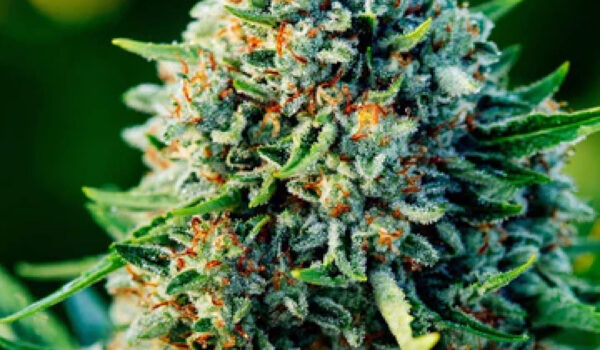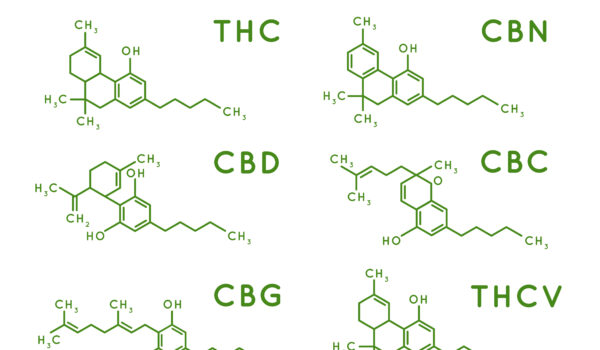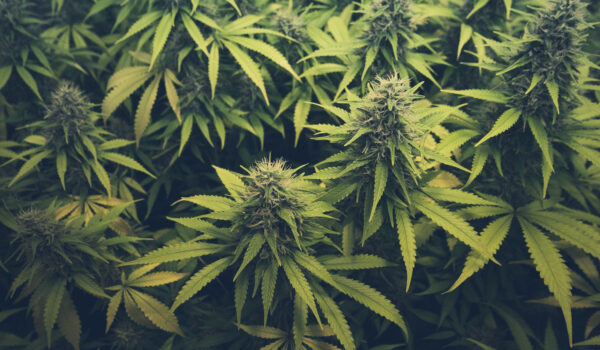
By Alex Robles
Not to long ago when you would talk about hemp oil, people knew you were talking about hemp seed oil. Now a days with the popularity of “hemp derived CBD oil” it’s not so simple. The term “Hemp Oil” has turned into this marketing tool that seems designed to confuse us. When you go online and search for hemp oil your results are going to swing between “Hemp Seed Oil” and “Full Spectrum CBD Oil”.
The best plan of action when you’re choosing any wellness product, is to read the label. Hemp seed oil will usually be listed on the label as cannabis sativa seed oil or cannabis seed oil, which are the scientific names of hemp oil. CBD will be listed as Cannabidiol, full-spectrum hemp, full spectrum CBD, PCR (phytocannabinoid rich) or PCR hemp extracts.
The following is information collected from the internet, please talk with your doctor before you start to take “hemp seed oil” or “CBD”. These notes are very broad strokes of information and were put together to help us better understand what the term “Hemp Oil” could mean.
Full spectrum CBD oil
Hemp CBD oil (use coupon code GCR25 for 25% off of your order) is typically extracted from the stalks, flowers, and leaves of the hemp plant and is full of cannabinoids (natural compounds). The hemp plant is from the same species as cannabis (marijuana) but of a different variety. The biggest difference is that the hemp plants used for extraction are higher in CBD, (non-intoxicating cannabinoid) and extremely low in THC (very intoxicating cannabinoid). This is why CBD hemp oil allows you to get most of the health benefits of the cannabis plant without also having the intoxicating effects of THC.
CBD oil works with the body through the endocannabinoid system or ECS. Which has been shown to help keep the body in a state of balance or homeostasis by regulating the body’s functions of sleep, mood, pain, appetite, hormone, and immune response. It has also been shown to affect dopamine and serotonin receptors as well. Dopamine regulates aspects of cognition and behavior, while serotonin receptors deal with mood conditions such as anxiety. CBD also has anti-inflammatory and antioxidative properties that may be able to reduce risk factors that can lead to heart disease, like high blood pressure. It may also be able to reduce the risk of related conditions, like stroke. And if you’re using CBD for your skin, the Journal of Clinical Investigation published a study that found that CBD may affect the sebum glands in people with chronic acne, which led to reduced sebum levels and potentially helping clear and prevent acne breakouts.
The effects and benefits of CBD show up pretty quickly for most people, and these quick results are probably why CBD is creating such a buzz everywhere. But even when we add CBD to our diet, it still doesn’t solve the underlying omega-3 and omega-6 deficiency problem that most Americans suffer from.
Hemp Seed Oil
Hemp seed oil comes from the small seeds of the Cannabis sativa plant. The seeds are rich in nutrients and fatty acids. They DO NOT have any measurable amounts of cannabinoids in them. The hemp seed oil is made by pressing hemp (cannabis sativa) seeds until the oil is excreted. This is very similar to the way we press olive and coconuts for their oil. Hemp seeds are thought of as one of the best sources of plant-based protein. The seeds are also loaded with essential amino and fatty acids that the human body requires for healthy living.
Note: In botany the word Sativa means cultivated and and it’s used to designate certain seed-grown domestic crops. Since hemp has been heavily cultivated for thousands of years, it is known as cannabis sativa.
Nutritional Value of hemp seed oil
Technically the hemp seeds are seen as a nut and are packed with nutrients. The seeds have over 30% fat and are extremely rich in essential fatty acids, linoleic acid (omega-6), alpha-linolenic acid (omega-3) and gamma-linolenic acid. Hemp seeds are also a great source of protein because 25% of their total calories comes from protein. They’re also packed full of vitamin E, phosphorus, potassium, sodium, magnesium, sulfur, calcium, iron and zinc. The fatty acids that are in hemp seed oil (omega-3 and omega-6) can help relieve the signs of aging and improve heart health. These fatty acids are also what makes hemp seed oil such a great moisturizer since omega-3 and omega-6 act in the same way as the skin’s natural oils and fats. Now since hemp seeds are nuts they can be eaten raw, cooked, roasted or you can just take a spoon full of hemp seed oil, it all works.
Hemp seed and heart health
Hemp seeds and its oil has been known to reduce the risk of cardiovascular disease. It has large amounts of the amino acid arginine (aar·juh·neen), which produces nitric oxide in our bodies (Nitric oxide is known to makes our blood vessels dilate and relax, leading to lowered blood pressure and a reduced risk of heart disease). Plus the gamma-linolenic acid found in hemp seeds has also been found to help reduce inflammation, which could decrease our risk of certain heart diseases (8Trusted Source, 9Trusted Source). On top of all that, some animal studies have shown that hemp seeds and its oil could also help reduce blood pressure, lower the risk of blood clot formation and help our hearts recover from a heart attack (10Trusted Source, 11Trusted Source, 12Trusted Source).
Hemp Seeds Oil and Skin Disorders
Studies suggest that your immune system depends on the balance of omega-6 and omega-3 fatty acids. Hemp seeds are a great source of polyunsaturated and essential fatty acids. They have about a 3:1 ratio of omega-6 to omega-3, which is considered in the optimal range. The fatty acids that are in hemp seed oil may help balance the skin and prevent inflammation that can result in acne. The oil may also relieve dry skin, improve itchiness and reduce the need for skin medication.
- eczema
- dermatitis
- psoriasis
- varicose eczema
- lichen planus, an inflammatory skin condition
- acne rosacea
Hemp seed oil could help reduce symptoms of PMS and menopause
Gamma-linolenic acid (GLA), found in hemp seeds, produces prostaglandin E1, which reduces the effects of prolactin (22 Trusted Source, 23 Trusted Source, 24 Trusted Source). In a study in women with PMS, taking 1 gram of essential fatty acids — including 210 mg of GLA — per day resulted in a significant decrease in symptoms of breast pain and tenderness, depression, irritability and fluid retention that’s often associated with PMS (25 Trusted Source). It’s also been suggested that because hemp seeds are high in GLA, that they may also help reduce symptoms of menopause, as well. We’re not exactly sure how, but the GLA in hemp seeds helps regulate the hormone imbalances and inflammation that come with menopause (26 Trusted Source, 27 Trusted Source, 28 Trusted Source).
Brain health
The fatty acid content of hemp seed oil may also be good for the brain, which needs a lot of healthy fats to work properly. The oil is also full of compounds like polyphenols which was found help protect the brain against inflammation in mice studies. Although the results look promising, scientists need more human studies confirm the benefits of hemp seed oil on the brain.
I hope this helped clear up some of the haze that surrounds the term hemp oil. Don’t forget to listen to the podcast. inmygrowshow.libsyn.com








